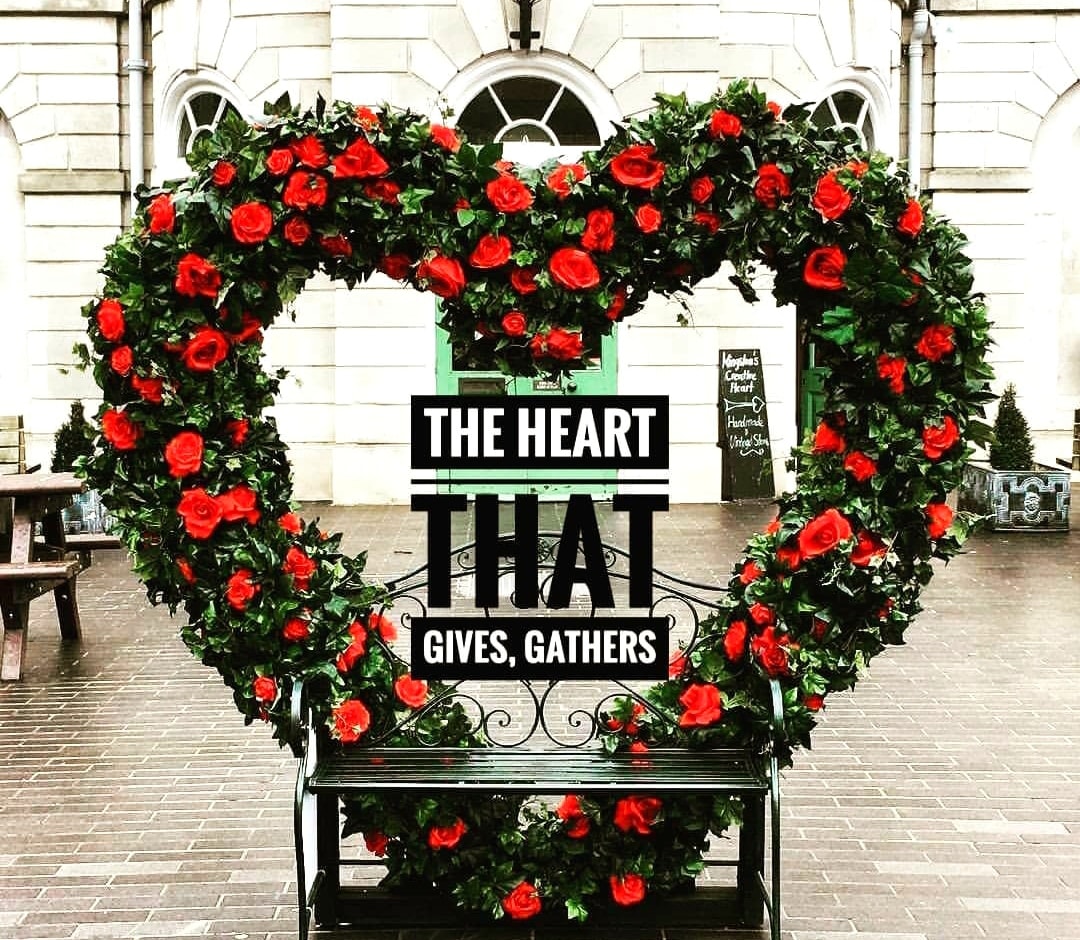
Lk. 16:19-31
“We make a living by what we get, but we make a life by what we give…” (Winston Churchil)
In today’s gospel, we meditate on the parable of the rich man and Lazarus. It is true that the rich man had enormous wealth, yet in fact, he was very poor in the qualities of the heart. He was a self-centered man. He always thought about himself, his comfort, and his enjoyment of life. He had seen Lazarus, who was in front of him begging for his mercy and kindness. However, he failed to recognize Lazarus as his fellow brother and treat him with due respect and dignity as a human being. It is mentioned in the parable that Lazarus was living on the table containing the remains of the rich man. The dogs used to lick the wounds of Lazarus. It depicts the utter poverty and misery of Lazarus. The rich young man did not even move his finger to do something for Lazarus. He remained selfish. He made Lazarus’s life terrible here on earth.
Nothing is mentioned about how Lazarus responded to all these situations. He was helpless and accepted his situation without any complaints. However, both Lazarus and the rich man were treated equally before the reality of death. After his death, the poor Lazarus was blessed with the richness of eternal life. Lying on Abraham’s lap indicates the fullness of happiness that Lazarus experienced, whereas the rich man was sent to hell and experienced eternal separation from God. He pleaded with Abraham to send Lazarus to quench his thirst. This thirst we should not understand as physical thirst but rather his agony of not being with God, who is his ultimate destiny for which he was created. But the rich man wouldn’t help Lazarus, so he got the same treatment as Lazarus.
Abraham reminds him of the separation that exists between them so that no one can move to the other place; it indicates the fact that if we make a choice of not being with God during our earthly sojourn, it is irrevocable if we do not repent even at the last moments of our life. The rich man accepts that he will spend all of eternity away from God, but he prays for his other brothers who live like him and worship money instead of God and show no mercy or compassion to others. The request to send Lazarus among them was also denied because they were expected to follow the law and the prophets. Abraham affirms that one who does not follow the law and the prophets may not be convinced by the testimony of one who is dead and gone. Thus, the rich man experiences a total separation from God. All his pleas for mercy were denied. Abraham gently reminded him that he enjoyed his earthly sojourn and failed to become the face of God’s mercy towards Lazarus, who was eagerly waiting to receive the merciful gaze of this rich man, “Blessed are the merciful, for they shall receive mercy.” (Mt. 5:7) The rich man failed to become the face of God’s mercy. Therefore, he too was denied God’s mercy.
As we reflect on this passage, let us examine and see if our lives carry the elements of the rich man with us. Have we become indifferent towards the perils and struggles of our fellow brothers and sisters? Have we hesitated to share our yearnings, time, and talents with our needy brothers and sisters? Let us remind ourselves that if we fail to become merciful, we too will be denied God’s mercy, and we may have to accept eternal separation from God. Let us be aware of the elements of the rich man in us and try to transform them with the help of God’s grace.